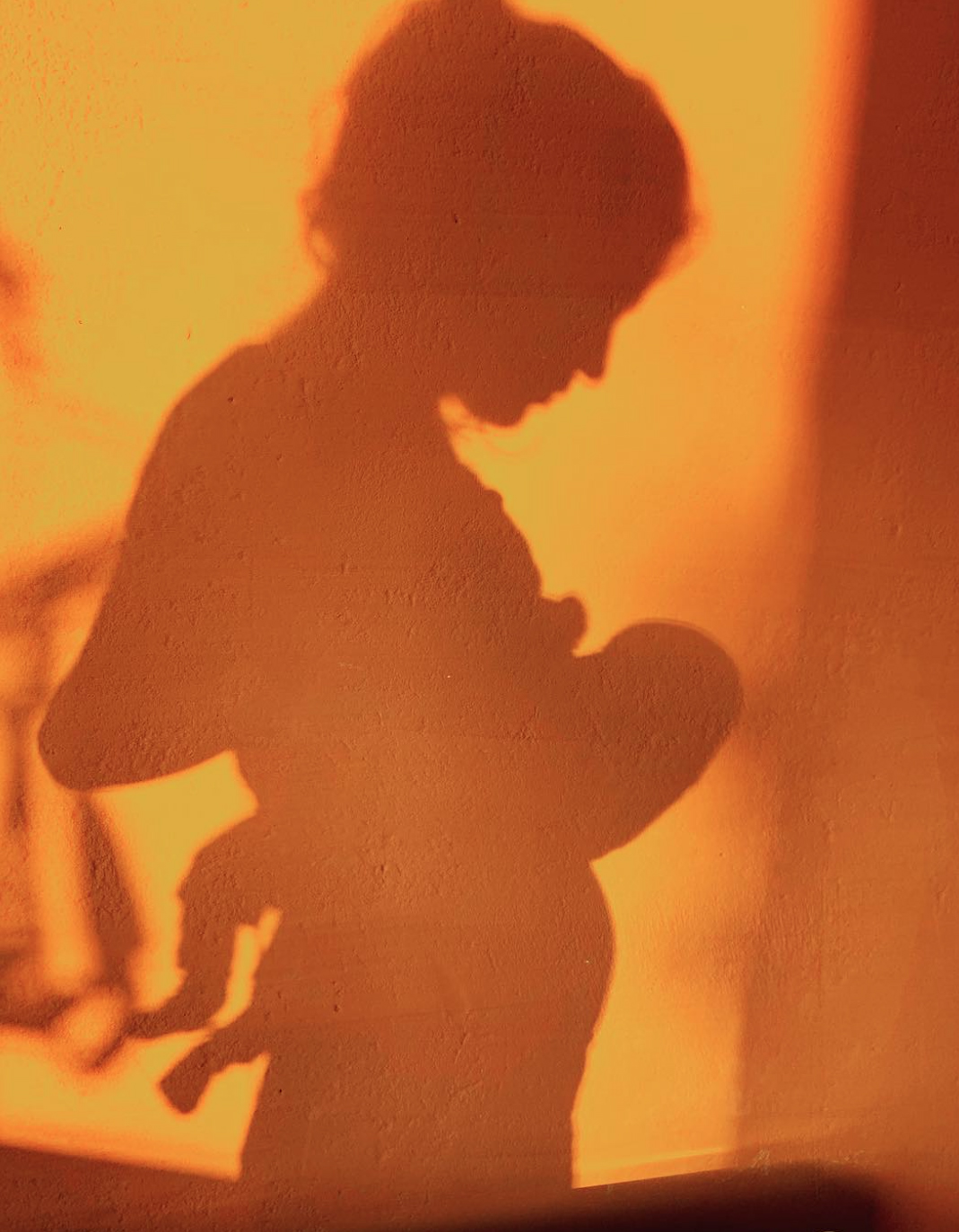If being a mom is the “hardest job in the world,” why do moms get judged for getting help? From nannies and au pairs to daycare centers and help from our own parents, why do we feel guilty for letting other people take care of our kids?
When I moved to Connecticut, I was entertained by routine questions I received from fellow parents regarding my children’s caretaking. Questions like, “What do you do for fun?” instead of “What do you do for work?” and “What nanny service do you use?” instead of “What daycare center do your kids go to?” left me intrigued by the clear cultural differences that were present from just mere states away.
I grew up in Ohio, where parents dropped their kids off at in-home babysitters before jetting off to work — houses where 15+ kids were packed in with cartoons blaring and snacks at the ready. Here, it’s assumed that the mother stays at home and/or has an au pair for her children. And in some instances, a nanny for each child (as I have seen firsthand).
While the snap reaction is to roll your eyes at women clearly privileged enough to have live-in au pairs at their beck and call, I wanted to take a look at the whole picture of how and why having a “Mother’s Helper” in the house was just as normal as having a family pet — and once I started asking questions, I understood.
These women, the ones with multiple nannies and postpartum doulas and Errand Assistances are privileged, obviously, but they’re also onto something. Why are we judged for outsourcing help if it makes our lives easier? These women don’t buy into the motherhood martyrdom mentality that the Midwest pushes, and that’s a great thing. “You sacrifice for your children,” I can still hear the women at the town salon hissing.
Why do we feel guilty for letting other people take care of our kids?
With spouses traveling frequently for work and grandparents unable to help when school gets canceled or kids get sick, what other option do working mothers have?
Instead of judging one another for the caretaking choices we make, and in many instances the choices mothers are forced to make, is it possible to come to a place of understanding and acceptance instead of judgment? Can we normalize “help” in motherhood?
We Need To Stop Striving For Perfection
Parenting expert Robbin McManne adds insight on how moms can feel good about their caretaking choices, whether they need an extra set of hands because they’re working late, or vacationing with friends in Bora Bora.
“We need to stop thinking everyone else has it together but ‘me’,” McManne says. “It’s simply not true. Everyone struggles, gets it wrong, doesn’t know what to say, and fails. This is what it is to be human. When we do, we stop the façade of perfectionism and open up a space to be real. It helps everyone do the same.”
McManne also suggests we reframe what asking for help means, as many people think asking for help signifies weakness, when really, it’s the opposite.
“We need to stop telling ourselves we don’t need help or our needs don’t matter,” McManne tells me. “Why? Because when we don’t get the help we need, who suffers? Us and our kids! We’re giving them a mom who’s burnt out, exhausted, and barely surviving. Don’t we want to show our kids what it is to lead a happy and healthy life? When we’re running on fumes, we are quick to anger, frustration and impatience. That will impact your parenting in ways you won’t feel good about.”
We also don’t think about how when we ask someone for help, it makes them feel good, McManne pointed out. It’s nice to know you’re needed, trusted, and loved by someone, whether it’s a text from a friend asking to chat, or a phone call from a neighbor offering to give you a kids-free afternoon.
McManne’s final reminder on normalizing help is that motherhood ebbs and flows. There are times when things are going well, and times when we really need help – all of which deserved recognition.
“In the times you’re doing well, be on the lookout for someone who might need your help and reach out to them,” she advises. “There is so much joy to be found in giving, connecting, and helping others.”



